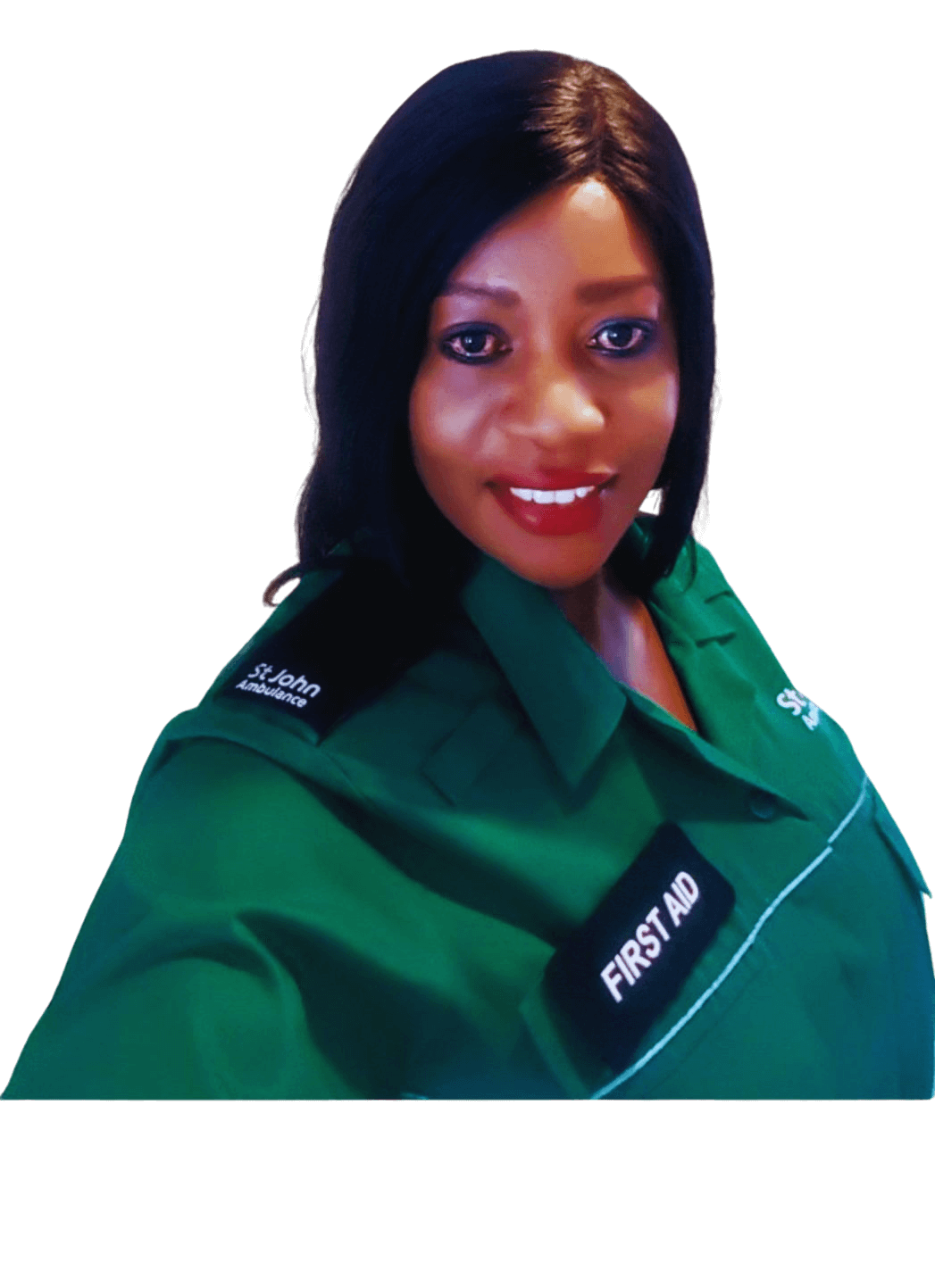PhD Applications
Each PhD experience is unique, and mine was no exception. I had to submit over ten applications before being accepted into the programme. I vividly remember spending a considerable amount of time crafting my research proposal and anticipating the questions that might come up during the interview process. The entire process took about six months to complete.
Knowing when one is ready for a PhD journey is crucial. It becomes manageable if the interest begins at the master’s level, with discussions with the teaching faculty about potential research funding, topical issues in the field, current research and the direction of research in the area and universities. When I applied for a PhD at a different university from where I did my master’s, I wanted to extend my knowledge while staying within the same area of research. I was required to submit a proposal, a personal statement, and a summary of my area of interest. After submitting my application, I was referred to a team of supervisors and was subsequently invited for an interview. However, it’s important to note that each institution and supervisory team has its preferences and requires a different approach. Therefore, it’s important to be prepared and knowledgeable about producing a good proposal and to read widely in the area that you are interested in.
The Interview Process
During the interview, I was asked whether I was familiar with the potential supervisors in my area and understood how the system works. The questions were to do with some of their published work and keeping tabs on their conference attendance and current projects. I felt that my preparation was insufficient because I didn’t know about any of their work and therefore I couldn’t answer these questions. I should have researched this information prior to the interview to be able to answer questions.
I also realised the importance of asking questions. There were things I should have asked during the interview, such as what I could do to succeed in my PhD application. Therefore, I would advise other applicants to directly approach potential supervisors and ask questions if they are unsure. There is no such thing as a silly question. Once you know what to expect, you can prepare yourself accordingly.
Supervisory Team
Although I initially had an idea for my research, I ended up straying away from it before being accepted into the program. Unfortunately, those who initially accepted me were no longer available to form a supervisory team. There was shortage of staff resulting in one supervisor being available, but we still made progress. When the second supervisor was found, it was very interesting to see how combined expertise complements each other and enhanced the supervisory experience. Ideally, it would have been better to have the entire supervisory team at once. However, I was fortunate that both supervisors understood my research and was able to help me return to my original idea. In general, having two to three supervisors within your research area helps to pitch the concept of interest and gain the perspectives of many, which ultimately adds value to your contribution.
Frustrations and False Starts
At times, the significant changes that were made caused frustration. I felt that the university had not put in place my supervisory team and was not adequately prepared for my arrival. Furthermore, the system failure caused me to wait for an extended period. I could not make much progress. I had to restart my work when my second supervisor arrived, which was frustrating. However, in the end, these changes led to significant progress and a great outcome. The meetings were productive and enjoyable. The three of us always looked forward to our meetings which were relaxed. We would meet over a cup of tea or coffee. While these meetings were very informal, they were also very formal in their procedures.
Health Challenges and Unexpected Changes
Many changes come unexpectedly during this journey. I had health challenges and grief at the same time. I needed a strong team extending outside my supervisory team to support me. I had to reset my mind. It is easy for supervisors to forget this, yet this should not be overlooked. I took a study break but still worked on my project as part of therapy, my solace. I am grateful that my supervisors were extra supportive. They kept checking on my wellbeing.
At some point, one of my supervisors transferred. I asked if there was a way that they could continue to supervise me. They were granted to stay. It shows that the university listens to students’ needs, empowering them. Of course, within all these issues, some processes do not change.
If I could go back in time, I would have connected myself more with PhD students during this difficult time as I learned that peer learning is the most effective tool for achieving your PhD goals and dealing with the unexpected and loneliness.
Becoming a Student Representative : Making a Difference for Others
After experiencing the above, I wanted to be a student representative to be a voice for others. I used this opportunity to see imbalances within the system. So many times, students from a black ethnic background would come and say “I think my supervisors do not like me”. What was clear was that Black, Asian and Minority Ethnic (BAME) PhD students faced challenges that were yet to be acknowledged.
When I heard of the Yorkshire Consortium for Equity in Doctoral Education (YCEDE), dedicated to equity at the doctoral level, I thought it was an excellent platform to discuss some of these challenges and help find solutions. Central to YCEDE is the question of access to postgraduate studies for UK-based graduates of BAME backgrounds. For example, we held a seminar on the supervisory-student relationship via Zoom. It attracted a large number of students, and questions kept coming. I had feedback from students because that they wanted to repeat the session, some even suggesting that it could be held monthly or at every PhD entry point. YCEDE has provided opportunities to those students from disadvantaged backgrounds who might not have heard of a chance to do a PhD otherwise.
Mentoring Other PGRs
Moreover, I am one of the pioneers of the mentoring scheme at our university, where I have the opportunity to share my personal experiences with others. Additionally, I am part of the PGR mental well-being group, which is inspiring. Mentoring others has many potential benefits, such as providing a sense of satisfaction and helping to build a stronger community. As a mentor, I have been able to develop technical and interpersonal skills and assist others in settling into postgraduate research. Promoting awareness of mental well-being among doctorate students is one of my top priorities, and I believe this awareness can be raised through mentoring.
During mentoring, I realised that building relationships with fellow doctorates and participating in conferences is crucial. Signposting, especially with issues such as contacting librarians, downloading software, and fundamental technical problems like RefWorks for Word, is also essential. Sometimes, issues that seem simple, such as submitting work to administrators, can be confusing, with similar-looking emails making it difficult to remember which one to follow. However, I have a mentor who has helped me follow good practice, and I encourage others, including my mentees, to join the mentoring scheme, as it comes with many benefits. For example, I have developed my organisational skills and enthusiasm and can present various issues and topics, such as grief and sickness, with awareness and sensitivity.
Coming Full Circle
In the application process, I learned that what seems obvious to one person may not be to another. By mentoring others, I have developed the confidence and skills to guide others and signpost them towards the right direction. Being a mentor and a mentee has enabled me to develop empathy, listening, compassion, and communication skills. Mentoring others has also helped me become more confident and develop transformative leadership skills. I used to go around in circles, but I have learned that sometimes, you need to go around in circles to master that circle and lead others to complete that same journey.




